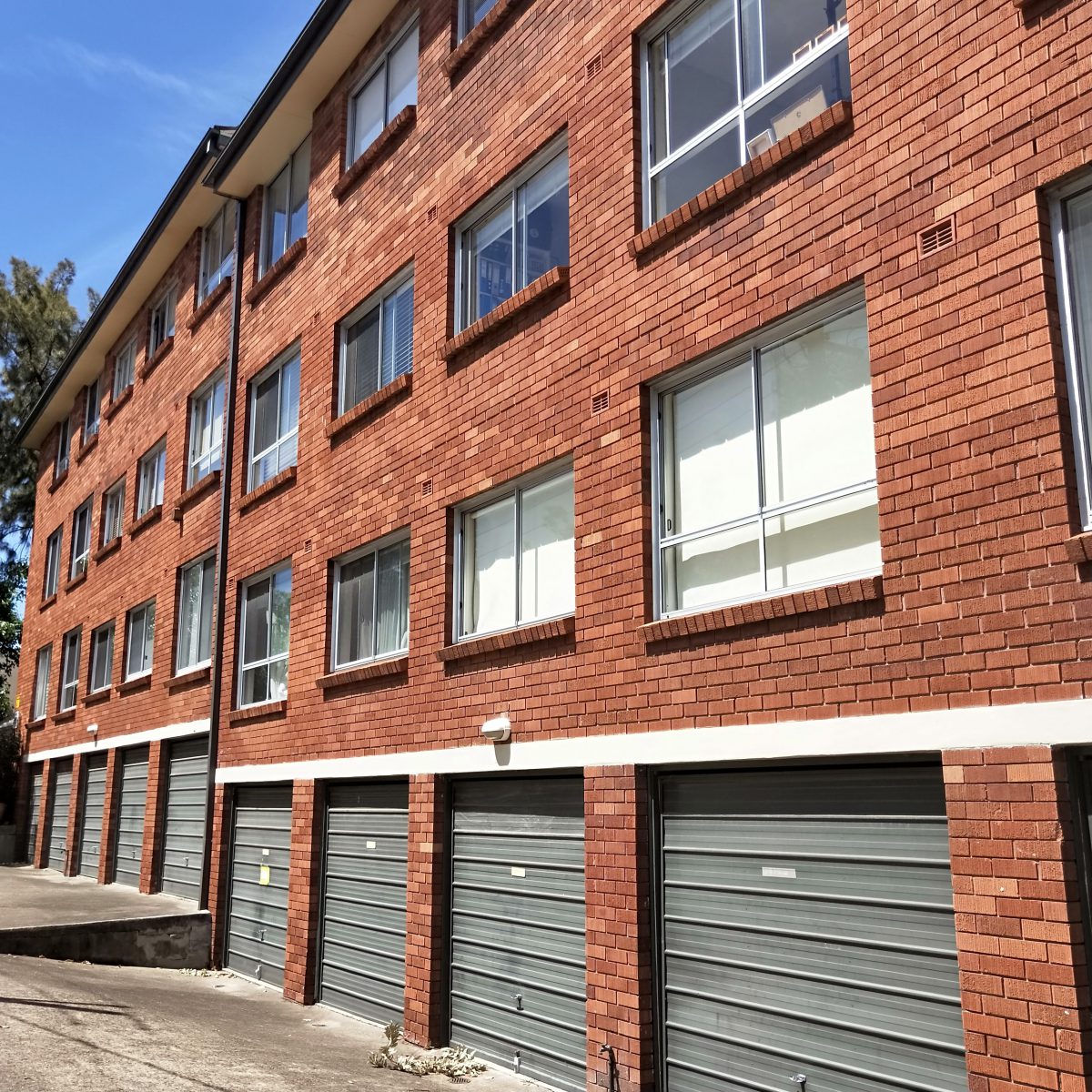
If you’re considering investing in property, there are some key fundamentals you should consider to ensure you make a good decision:
Where is the property located?
The best rental properties are usually located near good amenities – think shopping precincts, schools, hospitals, universities, employment centres and transport. You want to have access to good tenants who are likely to use or work at these services. Properties that are cheaper but poorly located may be harder to rent.
[mycred_sell_this]
Who will rent your property?
Who do you visualise as your ideal tenant? You can ask us as your agent to help you understand the most common types of tenants in our area. The stereotype of tenants all being students is no longer true – we have mainly families and couples in our properties. Two-bedroom properties are most likely to attract young couples, while 3 and 4 bedroom homes will suit families.
Will you negative gear or look for a positive cash flow property?
You should seek advice from your accountant as to the best strategy for your circumstances as both options will have implications for your tax and cash flow.
What’s your budget?
Tightened lending policies means banks and financial institutions are discouraged from offering 90-100% loans any longer. Consider how much you have as a deposit. Don’t just assume you should put 20% down and then borrow the rest. If you have a larger deposit but buy a less expensive property, you may find your property is faster to provide positive cash flow.
What is the likely rental going to be?
Find out by researching on property portals under the rental section to find out what similar properties to yours cost to rent. Alternatively, if you have a property in mind, we’d be happy to supply you with a rental report.
What’s the rental yield?
The rental yield is worked out by dividing the weekly rent by the sale price. Compare this yield to what you could expect to earn if you invested the money in the bank, or other investments such as stocks and bonds. How does the yield compare and does that suit your financial plan?
What will your outgoings be?
When you are considering how much your investment property will cost to run, don’t forget to include the cost of council fees, rates and if you are considering a unit, the cost of strata fees and insurance. Facilities such as pools, lifts and gyms can push up strata fees so make sure you take these into consideration when budgeting.
[/mycred_sell_this]
